Here is the story of Suman Meravi, a young woman from a Mudghusri village of Chhattisgarh. During a field visit, I got to met her and get to know her story. Her village has 302 households and comprises of predominantly tribal population. She belongs to a joint family. She could only complete primary education because of her financial constraints. Societal norms limit women’s education in her community. Although Suman couldn’t finish her higher education, she remained determined to enhance her family’s financial situation when she grew up.
She joined “Jai Maa Ki Gooda”, a local SHG (self help group) in her village in 2021. Suman believed in putting words into action. She demonstrated her leaderships skills to her family and village community.
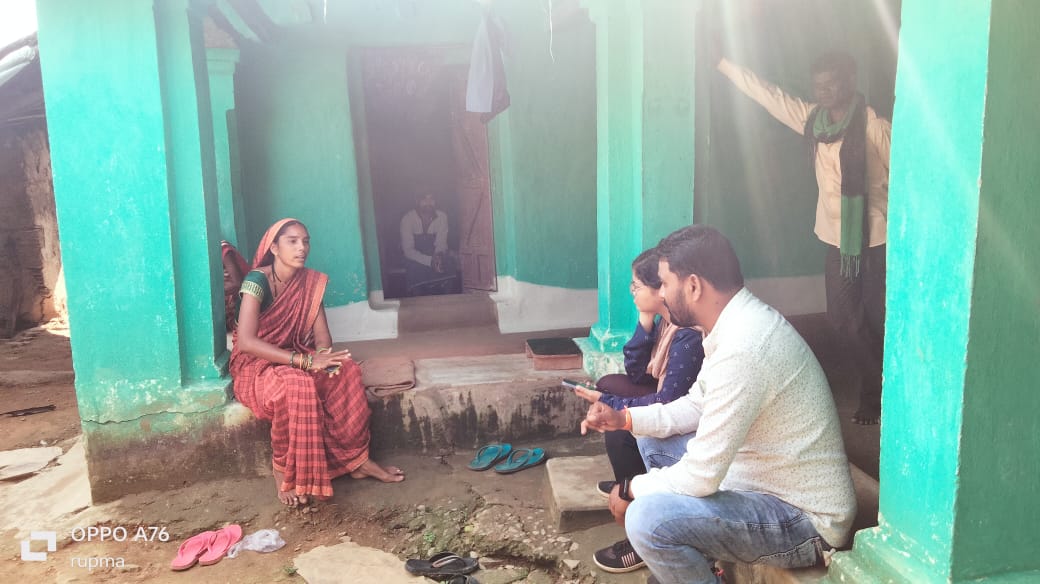

Finding Leadership From Within
The Self-Help Group (SHG) was initiated with the objective of empowering women in the community. It aimed to equip women with the necessary knowledge and resources to initiate income-generating activities. However, Suman perceived that its operation was merely nominal. While she awaited the right opportunity, a team from the Samerth Charitable Trust, along with their High Impact Mega Watershed Programme (HIMWSP), presented an opportunity in the village for the SHG. Suman recognized this as her chance for self-assigned leadership.
During the mobilization and orientation of SHG members towards farm-based livelihoods, she seized the opportunity to lead. Suman played a key role in mobilizing and nurturing other women self-help groups in nearby villages. Her focus was on promoting financial inclusion and women’s empowerment, aligning with the broader ideas of the initiative.
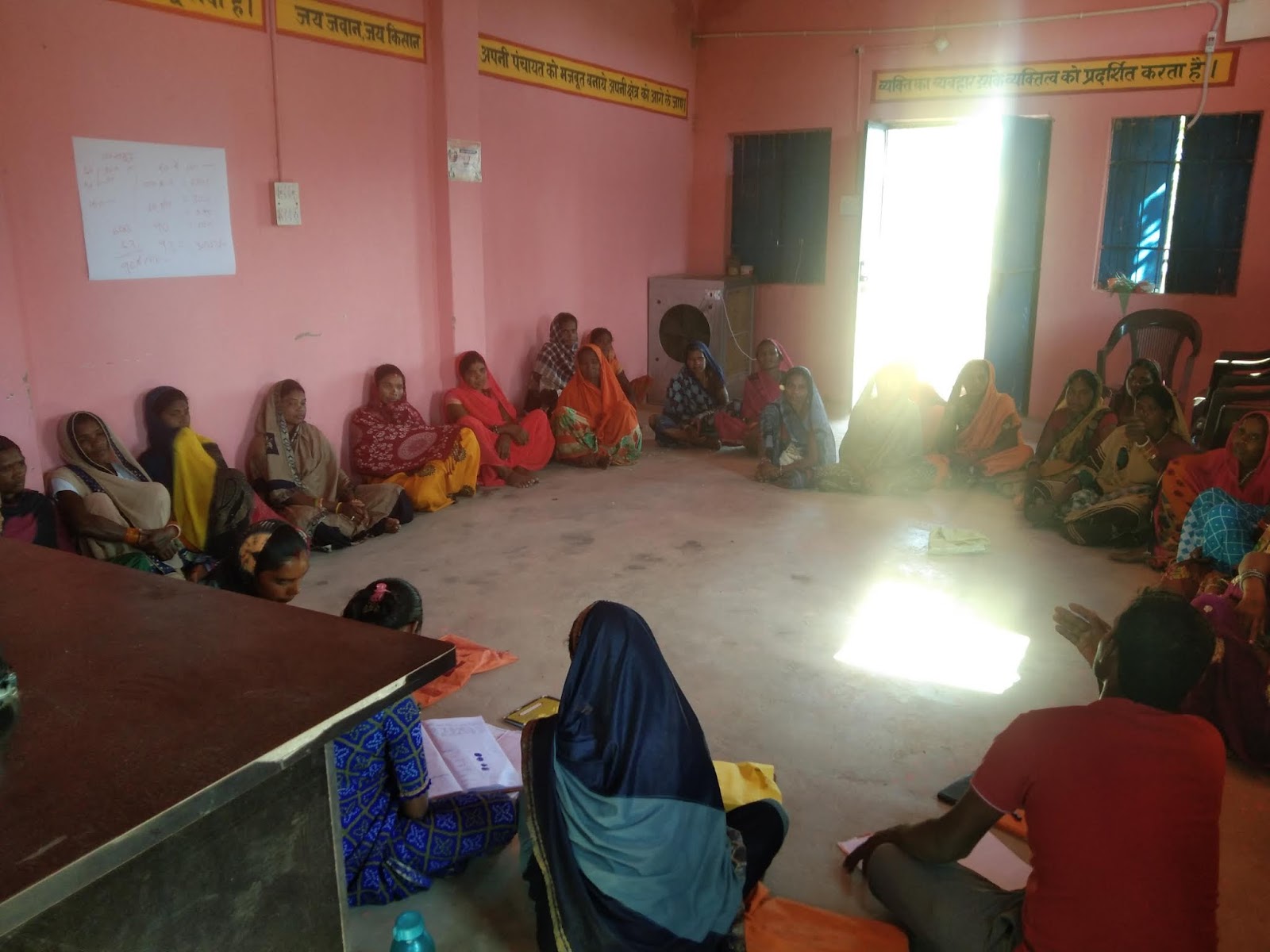
As a member of the Self-Help Group (SHG), Suman played an instrumental role in mobilising and uniting the women of Mudghusri village. The savings and credit activities made women involved more confident. Suman collaborated with the project team on the ground, assisting in the facilitation of the vision-building process for the village organization. She focussed on strengthening livelihoods, enhancing income, creating assets, ensuring nutritional sufficiency, and overall improving the quality of life for the community.
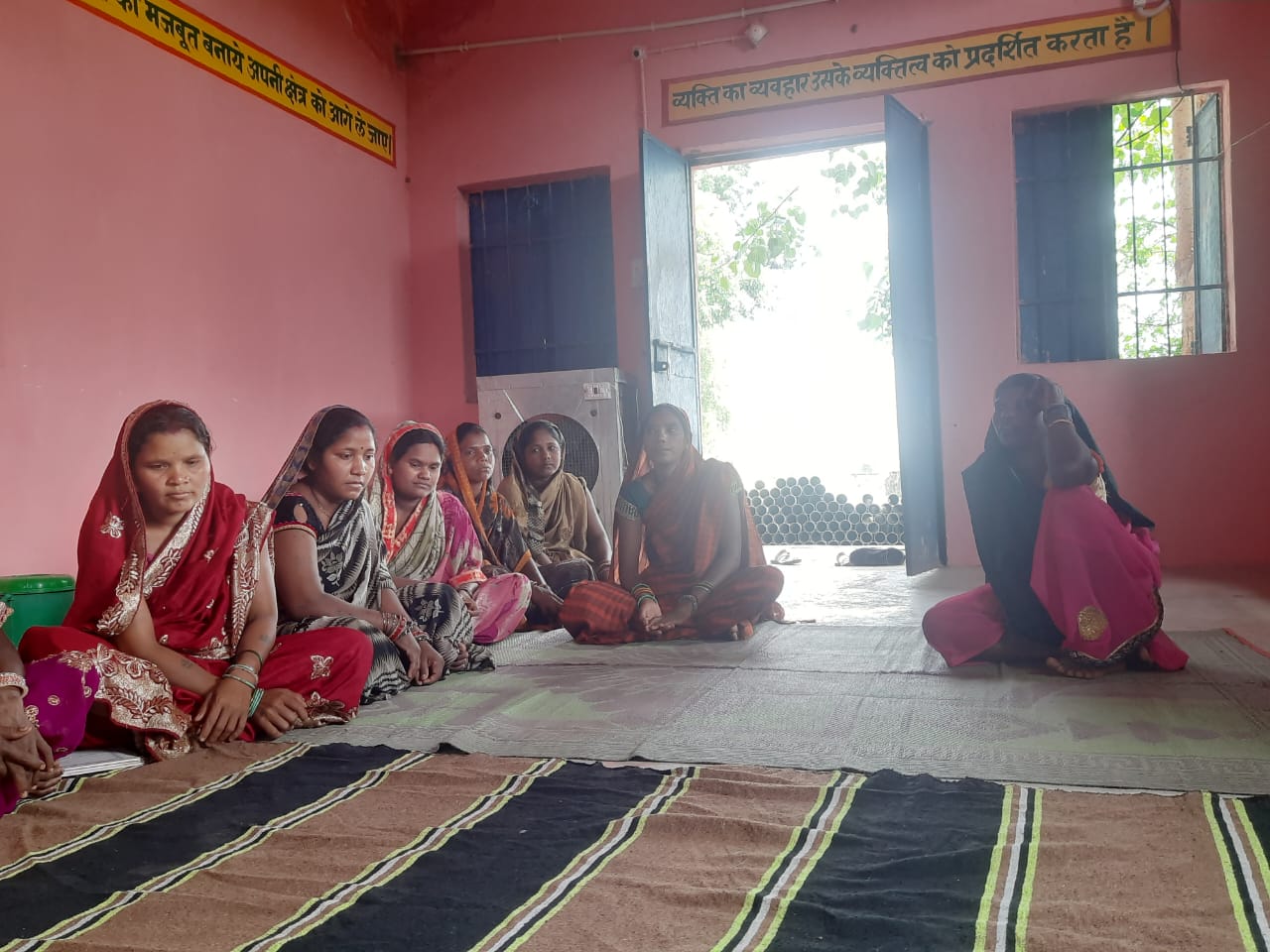
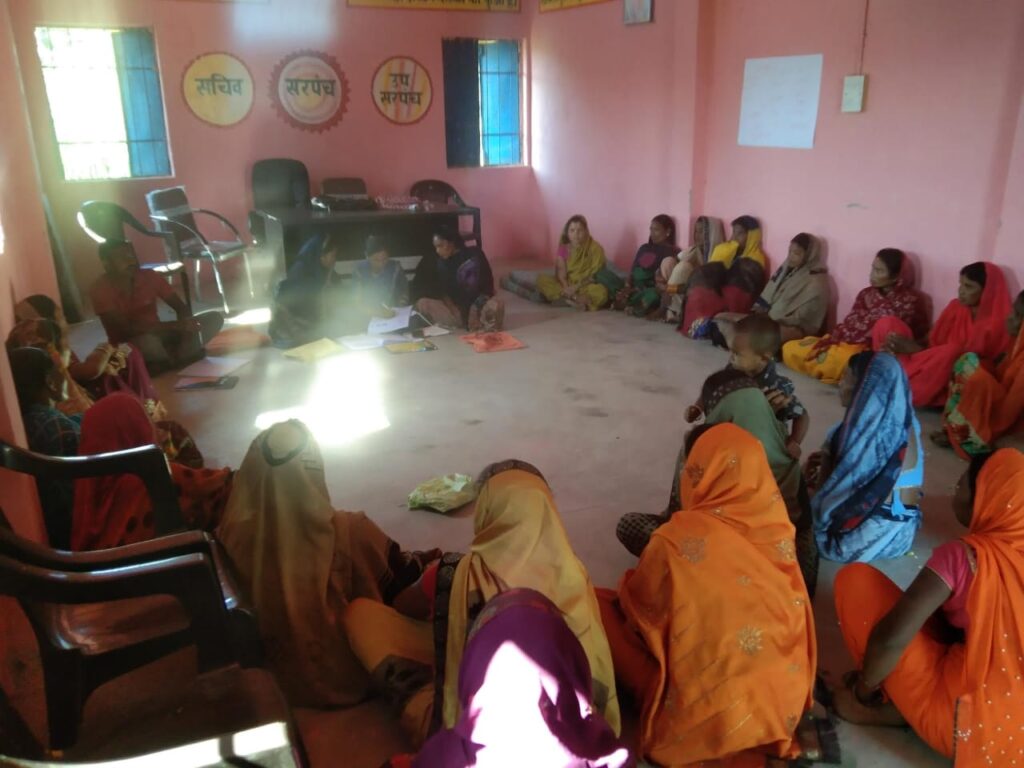
She enthusiastically engaged in various training sessions focused on diverse livelihood activities, such as seed treatment, scientific farming techniques, and fish farming. Through continuous participation and interaction with the project team, fellow SHG members, and villagers, she not only honed her skills but also cultivated a growing sense of confidence.
Also Read: Salma’s Home In The Forests Of Uttarakhand
Over the span of two years, Suman emerged as a highly proactive member within the Self-Help Groups (SHGs) in her village cluster. She took responsibility for the mobilization of various livelihood schemes, demonstrating leadership by motivating previously inactive SHG members. Notably, she engaged in organizational interventions as a volunteer, not seeking any monetary benefits. Suman actively disseminated the knowledge gained from her training, workshops, and experiences to villagers who hadn’t yet had the opportunity to access such resources.
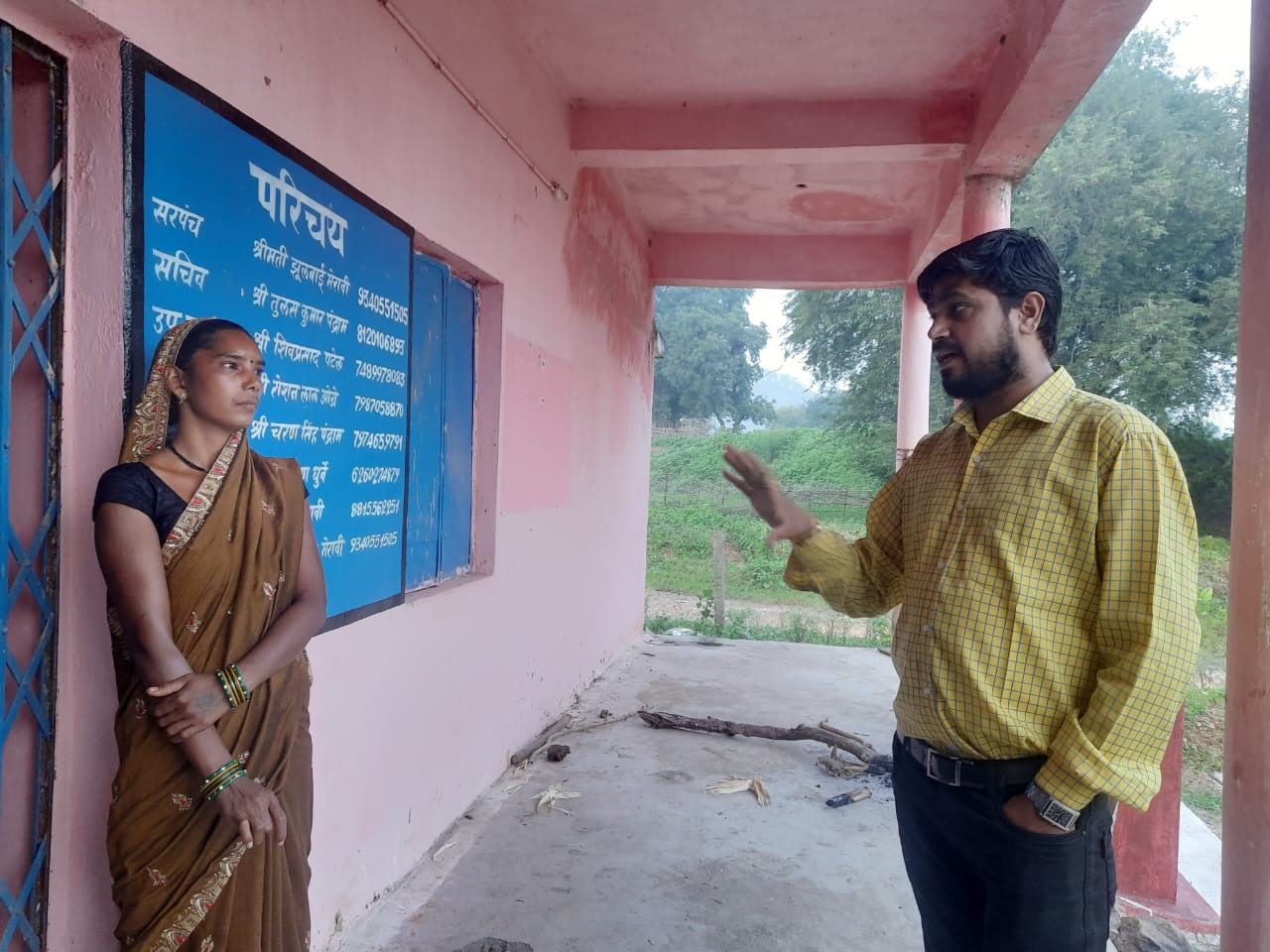
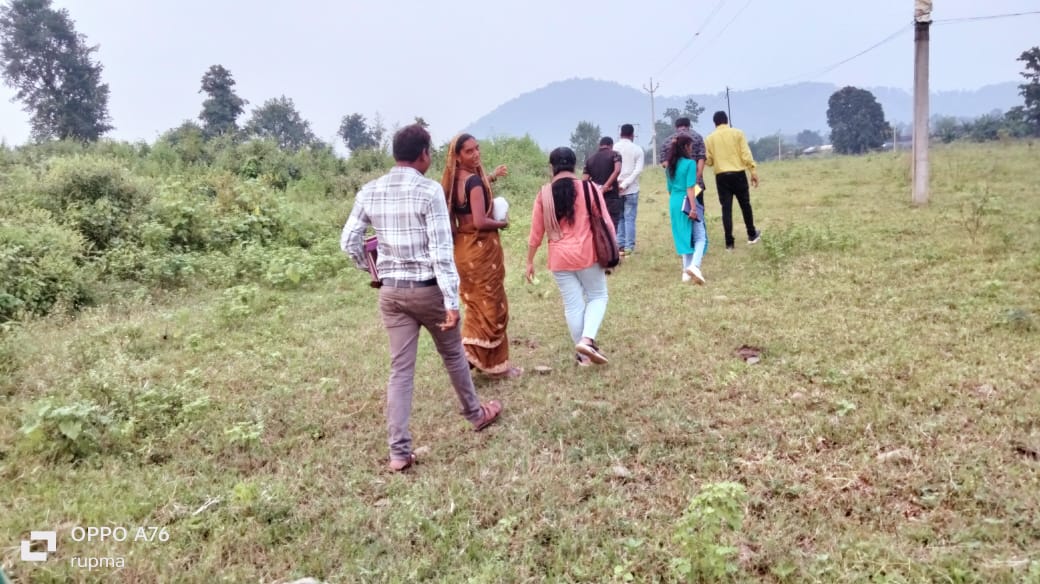
With guidance from the facilitators, Suman established a small nutritive kitchen garden at her home, cultivating essential vegetables for her family’s consumption. In addition to her own initiative, she motivated fellow SHG members to create vegetable gardens at their respective homes.
After recognising the environmental importance of afforestation in her region, which experiences inconsistent rainfall, Suman actively participated in a plantation drive. She planted over two hundred trees in her agricultural patch, comprising 200 mango trees and 25 lemon trees. She also offered technical support in planning the layout, digging and filling pits, selecting high-quality saplings, and executing the plantation process. Her proactive involvement inspired other SHG members to engage in intercropping on their respective plantation sites.
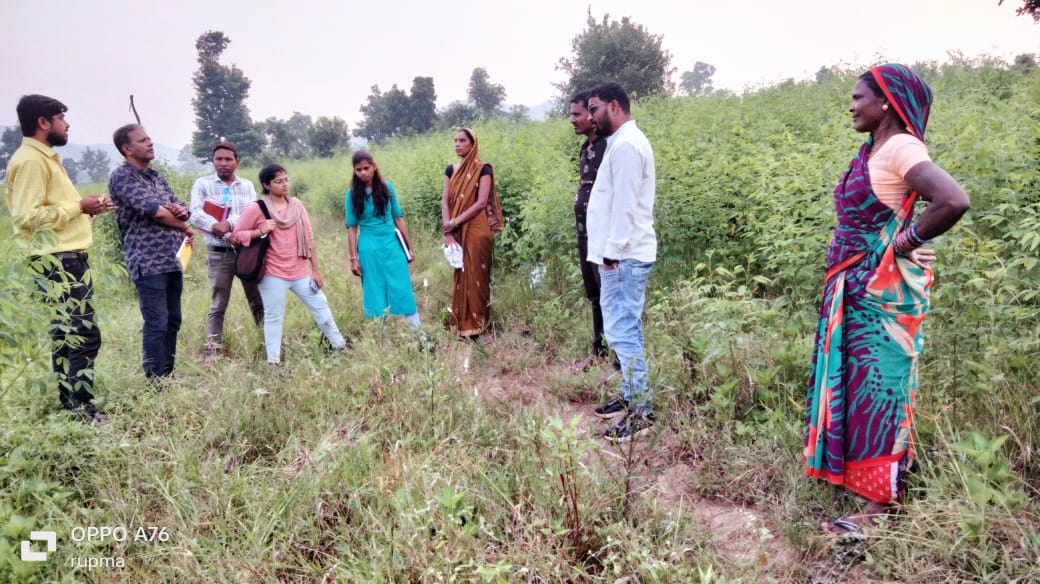
Today, she and her family reap the benefit of consuming fresh vegetables directly from her own garden. They also experience the health benefits associated with eating nutritive home-grown veggies. She feels proud that she can provide her children nutritious vegetables and also teach them the significance of homegrown food, right from their childhood.
Women-Led Community Development
She still struggles to break out of the societal constraints but nothing stops her from supporting fellow women. Her vision is based on improving social cohesion among women members and making them contribute back to their community’s development. After acknowledging her vision and ability, her husband stands as her pillar of support. Her journey is inspiring in many ways, proving that determination and access to resources can empower even the most disadvantaged individuals. It can transform their lives and contribute to their families and communities. Her inspiring story showcases how an individual’s interest influences their ability and changes their life. Also, how strong women-led institutions within the local communities can lead the village in the required progressive direction.
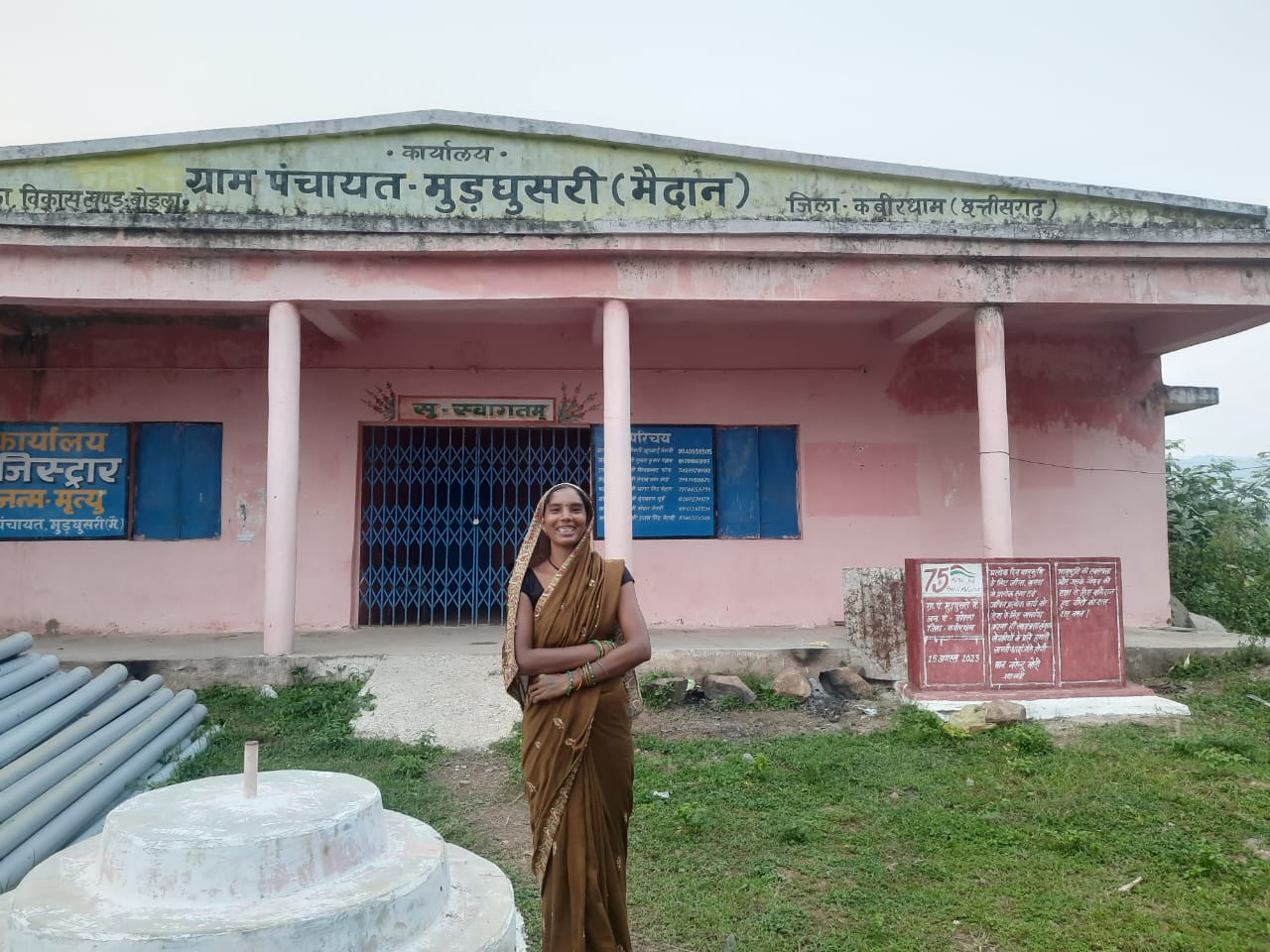

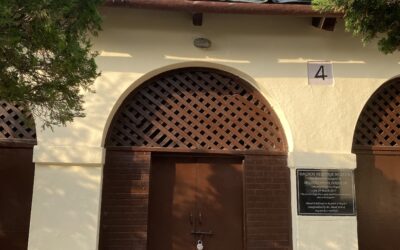
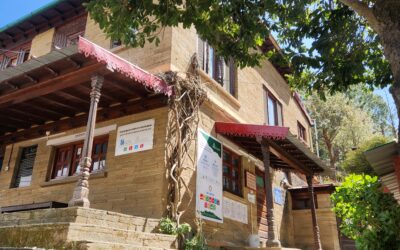

0 Comments